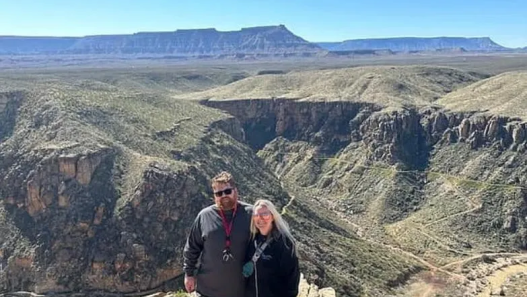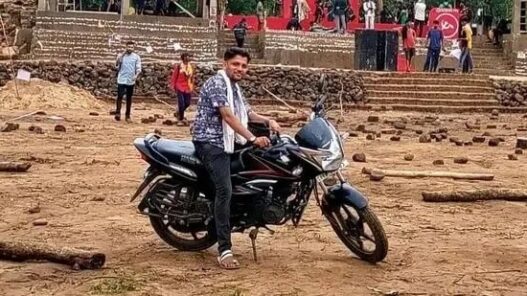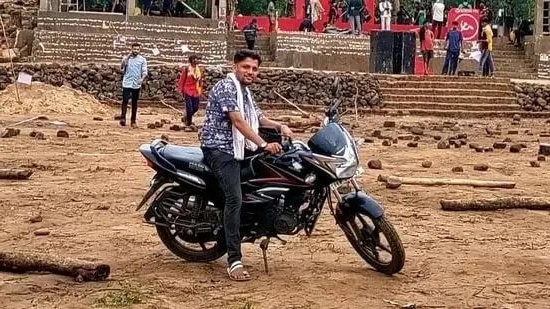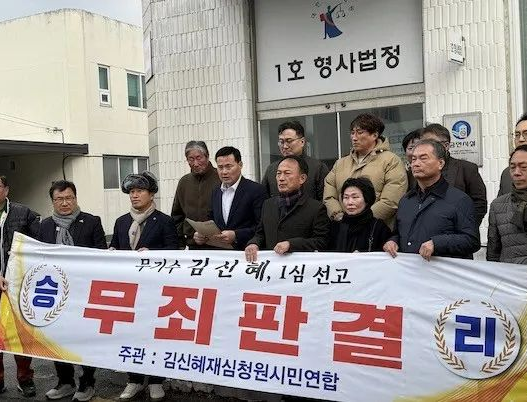In early January, a shocking case unfolded in Chhattisgarh, India—a journalist’s valiant stand for truth ended in a brutal tragedy.
Mukesh Chandrakar, a brave freelance journalist from Chhattisgarh, went missing after the New Year. Three days later, his body was discovered in a sewage pit, buried beneath cement in a private property.
The Horror of Mukesh’s Murder
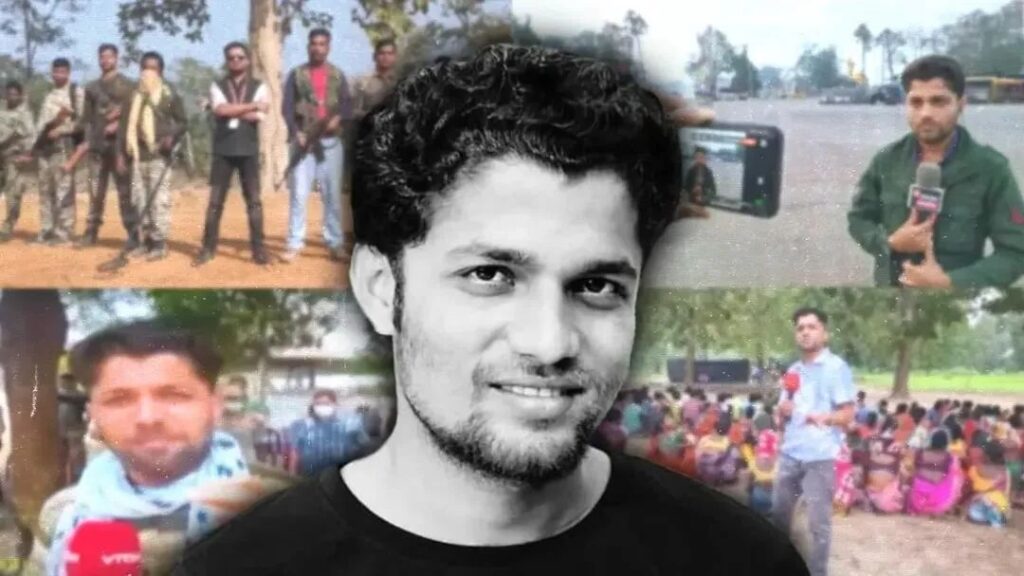
An autopsy revealed the gruesome details of Mukesh’s death. Before being murdered, he had suffered extreme torture. He was struck multiple times with blunt instruments, resulting in fatal injuries—his skull had 15 fractures, his neck was broken, five of his ribs were shattered, his heart was removed, and his liver was ruptured into four parts. His hand was also fractured. Authorities barely identified his body through the tattoos on his arm.
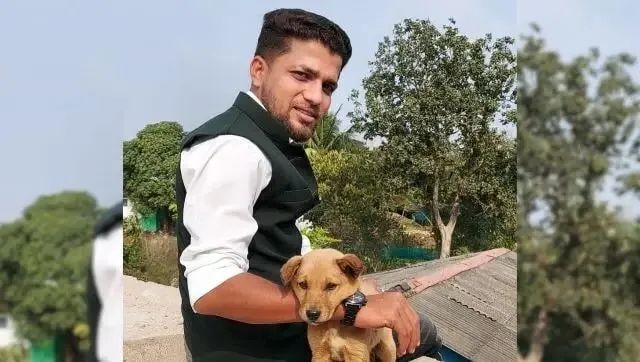
Uncovering the Corruption: Mukesh’s Final Exposé
Before his disappearance, Mukesh had exposed a massive corruption scandal linked to a road construction project worth ₹1.2 billion (around $16 million). This investigation began in December 2022, when Mukesh published an explosive report on NDTV, revealing that a road construction project in Bijapur, connecting Gangrel to Hirorli, was deeply corrupt. The project, initially budgeted at ₹500 million (approximately $6.6 million), was inexplicably inflated to ₹1.2 billion—without any significant improvements. To make matters worse, the road was riddled with potholes, and was far below safety standards.
The contractor responsible for this project was none other than Mukesh’s distant relative, Suresh Chandrakar, who was later arrested after the investigation revealed widespread malpractice.
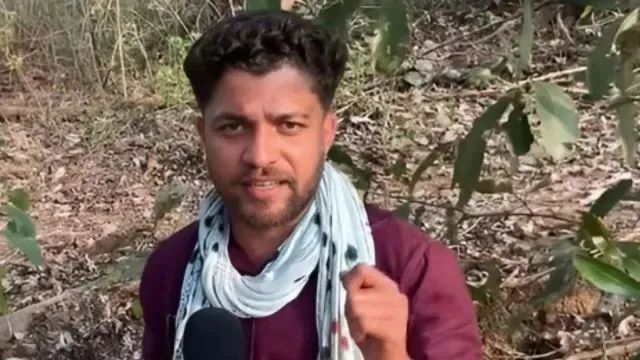
A Journalist’s Humble Beginnings
Mukesh’s tragic end resonated deeply across India, especially given the brutal challenges he overcame in his life. Born in the violence-ridden Bastar region of Chhattisgarh, Mukesh’s family was displaced by conflict when he was a child. His father died when he was just two years old, and he and his brother were raised by their mother, who earned a meager ₹300 per day (about $4). They lived in extreme poverty and couldn’t even afford basic necessities like milk.
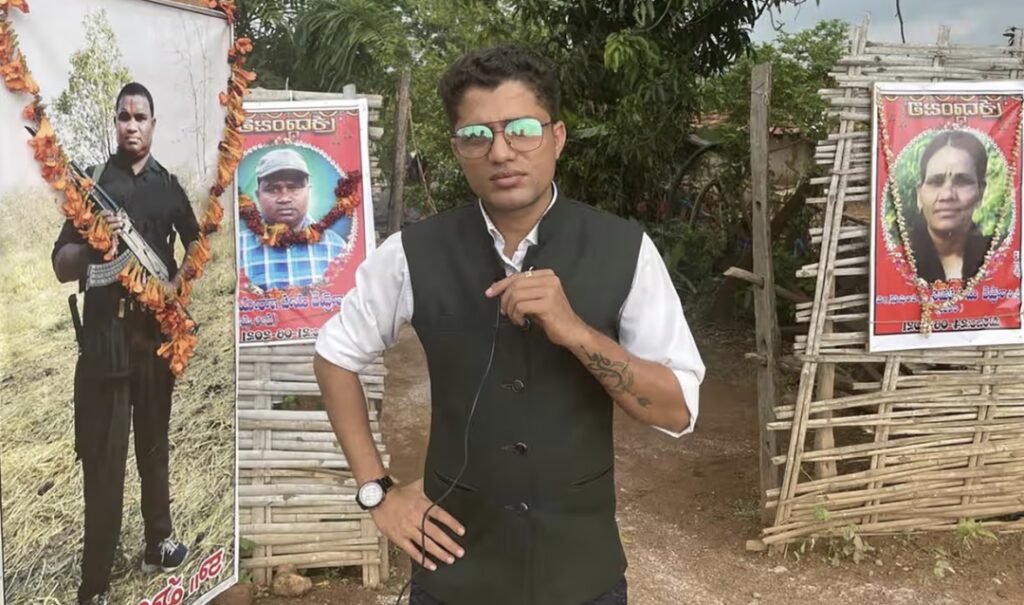
Growing up, Mukesh worked various odd jobs—selling liquor and repairing bicycles—to make ends meet. When his mother fell seriously ill with cancer, Mukesh tried everything he could to afford her treatment, but with only ₹50,000 (around $600), he had to watch her pass away helplessly.
Becoming a Journalist Against All Odds
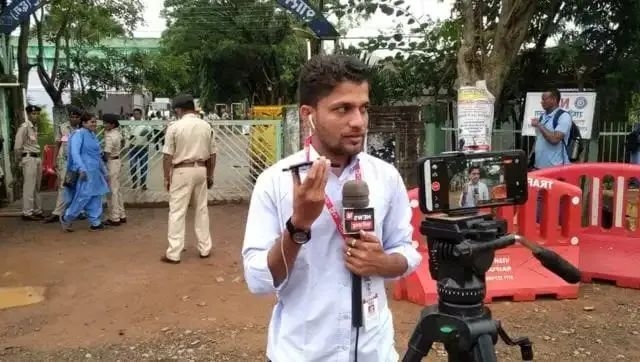
In 2012, Mukesh followed in his brother’s footsteps and became a freelance journalist. Over the next decade, he reported on various issues in the Bastar region, including assaults, public infrastructure failures, and corruption. Mukesh collaborated with national and regional media outlets, and his work was particularly valuable in covering the persistent violence in the area and its social impacts. He even took part in rescuing abducted police officers during hostage situations, providing his invaluable support to security forces.
Mukesh had a YouTube channel called Bastar Junction, where he exposed public corruption and raised awareness on local issues. His work attracted a loyal audience, and the channel provided him a modest but reliable income. Through his online platform, he gained a few thousand followers and brought attention to pressing community issues like poor healthcare in Bijapur.
The Fateful Day
On December 19, 2022, Mukesh and a colleague reported on the poor quality of a newly constructed road. They noticed that the road was in terrible condition despite being recently built. Mukesh’s colleague reported the issue, which led to the government’s investigation into the contractor’s corruption. The inquiry revealed that Suresh, Mukesh’s distant relative, had embezzled vast sums of money.
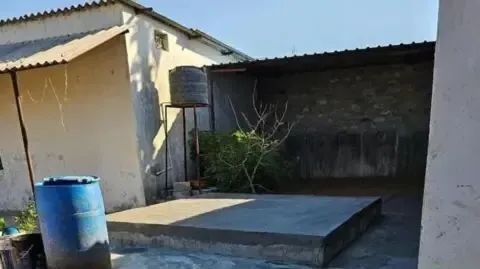
Mukesh’s report quickly caught the attention of the authorities, but it also placed him in danger. On January 1, 2023, after receiving a call from another suspect involved in the case, Mukesh went missing. His phone was turned off, and his family became worried. His brother, Yukesh, filed a missing person report.
Discovering the Crime
After an intense investigation, police tracked Mukesh’s phone and security footage, which led them to a private compound in Bijapur. There, they discovered his body buried in a sewage pit, concealed under a thick layer of cement. The owner of the compound was none other than Suresh, the contractor at the heart of the corruption scandal.
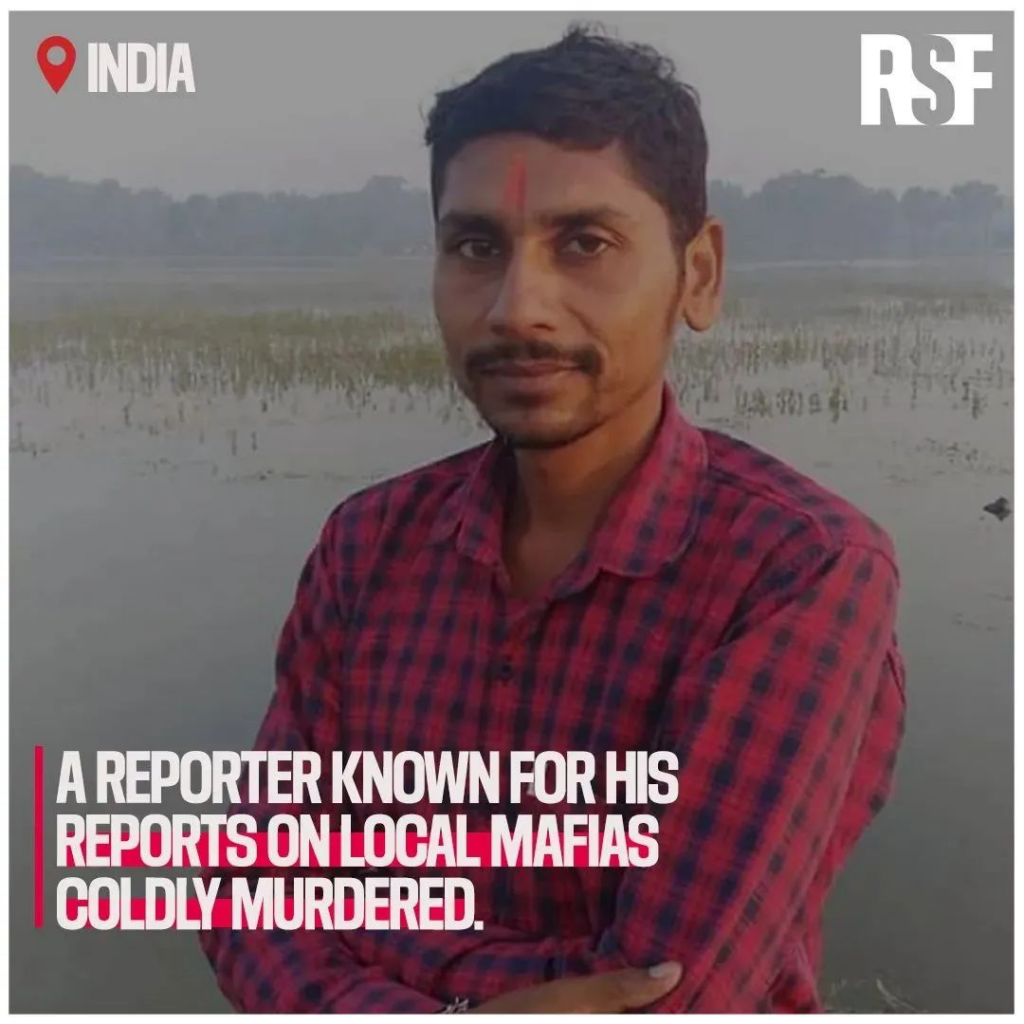
The Murder Investigation and Aftermath
Following Mukesh’s tragic death, there was an outcry within the media community. Local journalists staged protests, demanding justice for Mukesh and urging the Chhattisgarh government to submit a detailed investigation report. Under pressure, the local authorities arrested several suspects, including Mahendra Ramtek, the project manager, and two of Mukesh’s relatives. However, Suresh remained at large.
After an extensive manhunt, police located Suresh hiding in a driver’s residence. The investigation revealed that the murder had been premeditated. Mukesh had been attacked and beaten to death by Mahendra and Ritish, another relative, before his body was hidden in the sewage pit by Suresh and other accomplices.
Pressing for Justice
As the investigation continued, the media’s pressure intensified. Journalists demanded that Suresh’s assets be seized, his bank accounts frozen, and that he and the other conspirators be sentenced to death. In India, where journalism can be a perilous career, the tragic death of Mukesh serves as a grim reminder of the risks reporters face when they expose corruption. According to Reporters Without Borders, India loses an average of three to four journalists every year to violence linked to their work.
The Price of Truth
Mukesh’s death has sparked national debate about the dangers faced by journalists in India, especially in regions where corruption and violence run rampant. Despite these risks, Mukesh’s unwavering dedication to truth and justice remains a powerful testament to the courage of those who fight for transparency and accountability.





